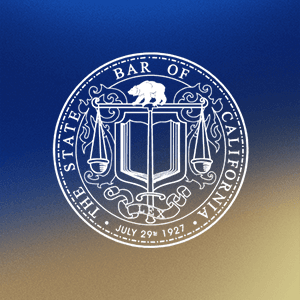
Fruit of Poisonous Tree Doctrine
The Fruit of the Poisonous Tree doctrine (also known as the Derivative Evidence Doctrine) is a rule in criminal law that makes evidence that was derived from an illegal search, arrest or interrogation inadmissible. In other words, the evidence (the “fruit”) was tainted due to it coming from the illegal search and seizure (the “poisonous tree”). Under this doctrine, not only must illegally obtained evidence be excluded, but also all evidence obtained or derived from exploitation of that evidence. The courts deem such evidence tainted fruit of the poisonous tree. The origin of this doctrine is found in the landmark Supreme Court case, Wong Sun v. United States, 371 U.S. 471 (1963).
For example, if police conduct an unlawful search of Carl Smith's home, the ledger book they seize from him indicating his involvement in drug transactions is rendered inadmissible against him at trial. Evidence that is derived from the ledger is tainted as “fruit of the poisonous tree” and also subject to suppression. So if the police use the information contained in the ledger to obtain search warrants to search the homes of the buyers listed, evidence obtained from those searched is not admissible against Carl Smith.
The Fruit of the Poisonous Tree doctrine is an extension of the exclusionary rule, a rule that prohibits, with some exceptions, evidence obtained in violation of the Fourth Amendment from being admitted in criminal trial proceedings. There are four main exceptions to this doctrine. The tainted evidence is admissible if:
- There was an independent source—Evidence is admissible if the prosecution can demonstrate that it was obtained from a source independent of the original illegality.
- Discovery was inevitable—If the prosecution can demonstrate that law enforcement would have discovered the evidence whether or not they acted unconstitutionally, the evidence will be admissible.
- There was an intervening act of free will—An intervening act of free will by the defendant will break the causal chain between the evidence and the original illegal search and seizure and thus remove the taint. An example of this would be if a defendant was released on his or her own recognizance after an illegal arrest but later returned to the police station to confess. This voluntary act of free will removed any taint from the confessions.
- The evidence was obtained in good faith—If evidence is obtained illegally (defective search warrant based on no probable cause), but the police officer was operating in good faith (e.g., a judge signed the search warrant), then the evidence would not be excluded.
The Fruit of The Poisonous Tree doctrine is a complex area of the law. Consult with an experienced criminal defense attorney to learn whether the evidence gathered against you should be thrown out of court.
Client Reviews
-
God Bless you Stephen, wish you all the successes in life.
“Stephen is a great contact and extremely helpful and knowledgeable. I am glad that I was his client in the past. Top lawyer, top man. God Bless you Stephen, wish you all the successes in life.”
-
Don't hesitate to contact them!
“I was referred to this group of Attorneys. I was started with a low cost made arrangements. My case had to do with assault allegations. The case was dismissed they helped me not to loose my daughter to the system.”
-
Never Talk To Police
Know your rights when questioned by law enforcement.
Defend Your Rights -
Learn What To Do When Confronted and Interviewed By The Police
Honest & practical advice during a free initial consultation. Call now to get started!
Read More -
Don't Plead Guilty!
A plea bargain may not be in your favor. Let us help evaluate all of your options.
Learn More









